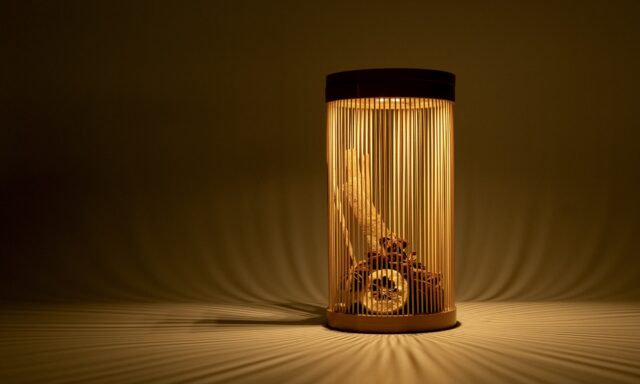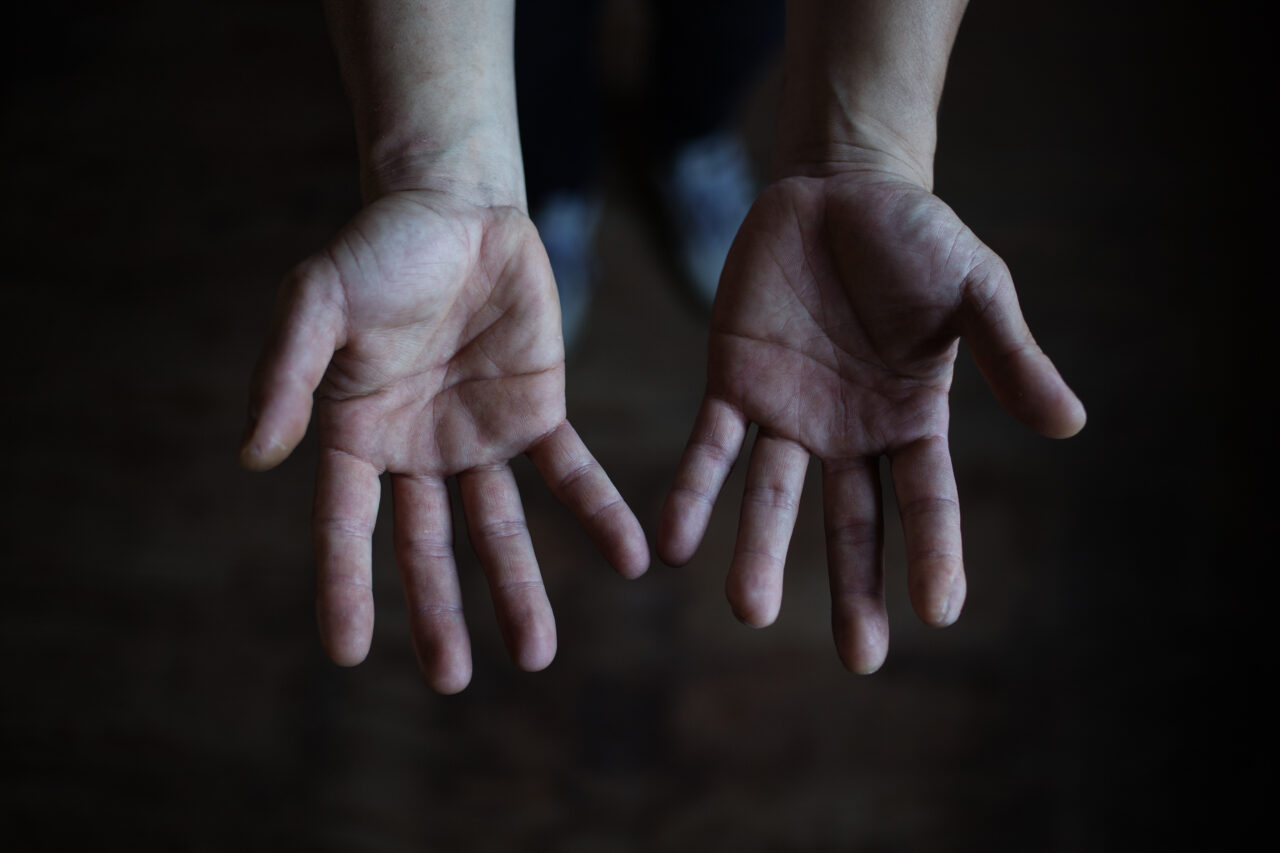Newly Launched “Yakiiro” Chopstick Rest by MIYAMA
New Products VOL.19
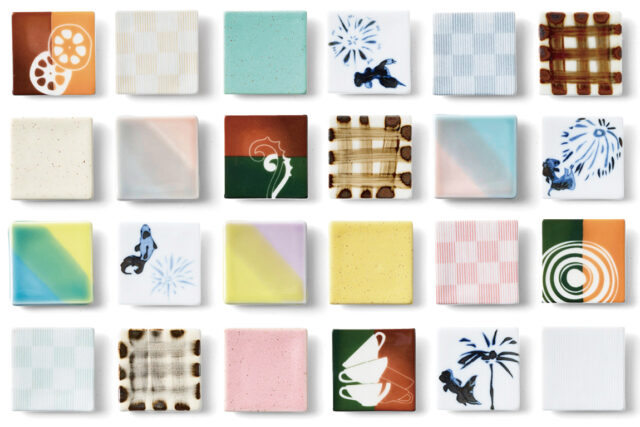

VOL.1-19
Update
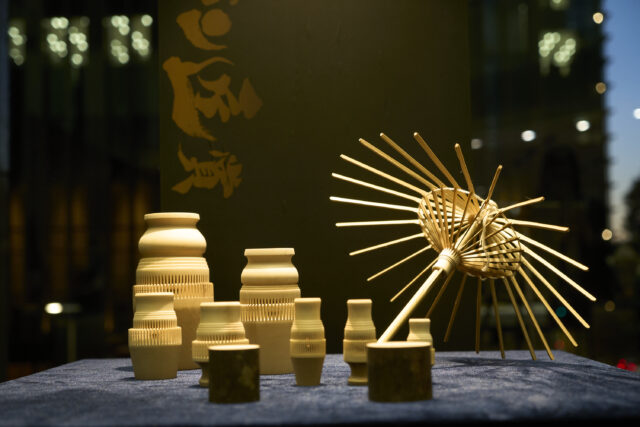
VOL.1-27
Update

VOL.1-4
Update
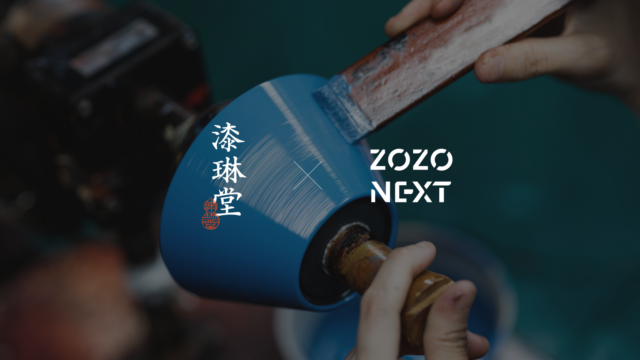
VOL.1-19
Update
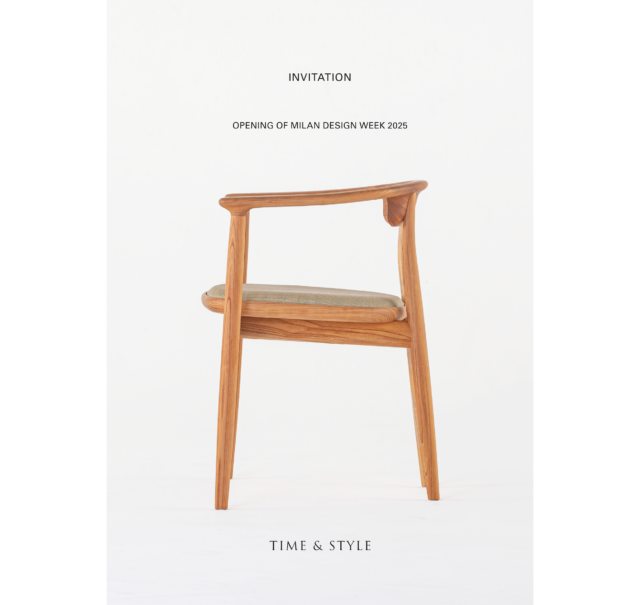
VOL.1-43
Update
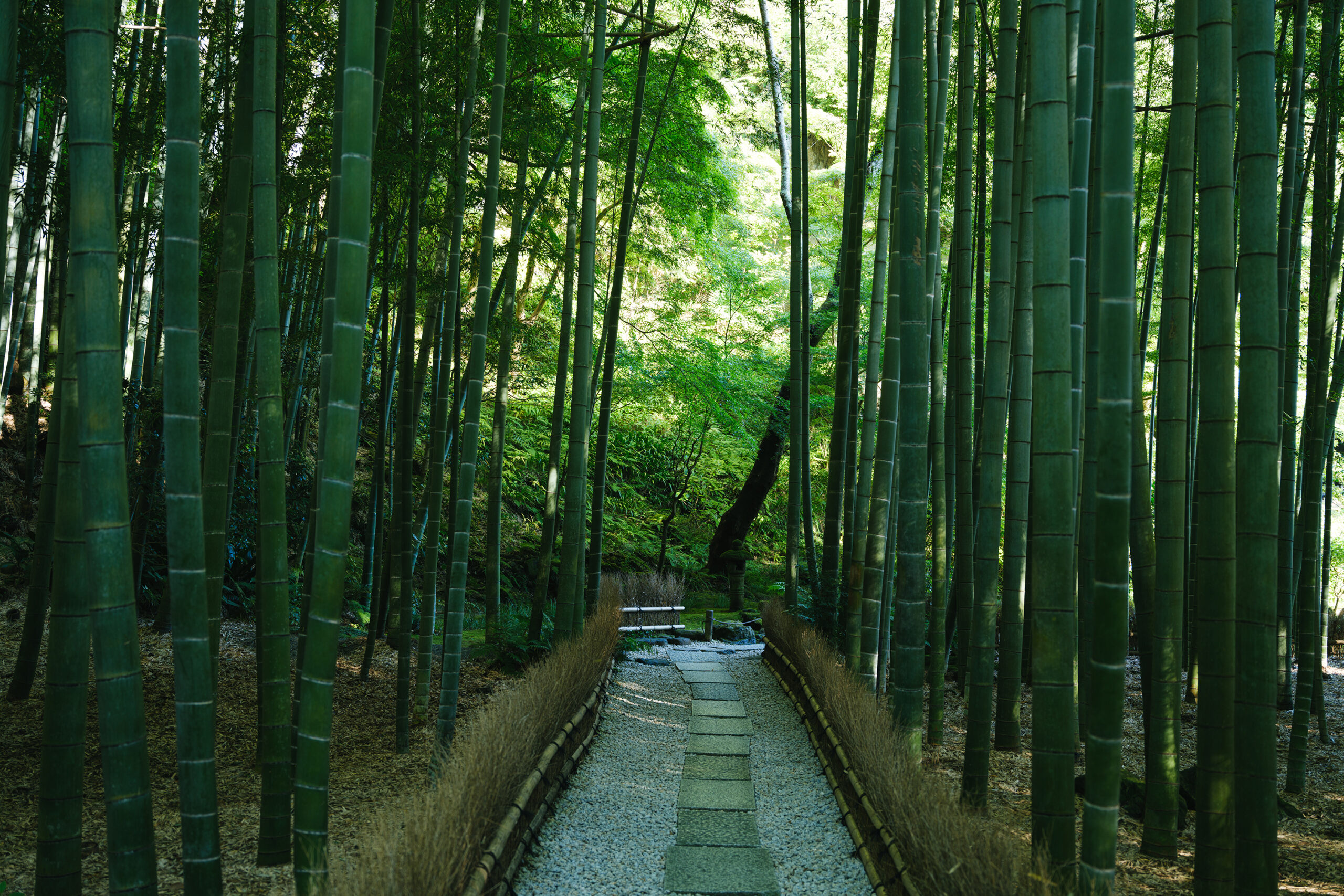
VOL.1-2
Update
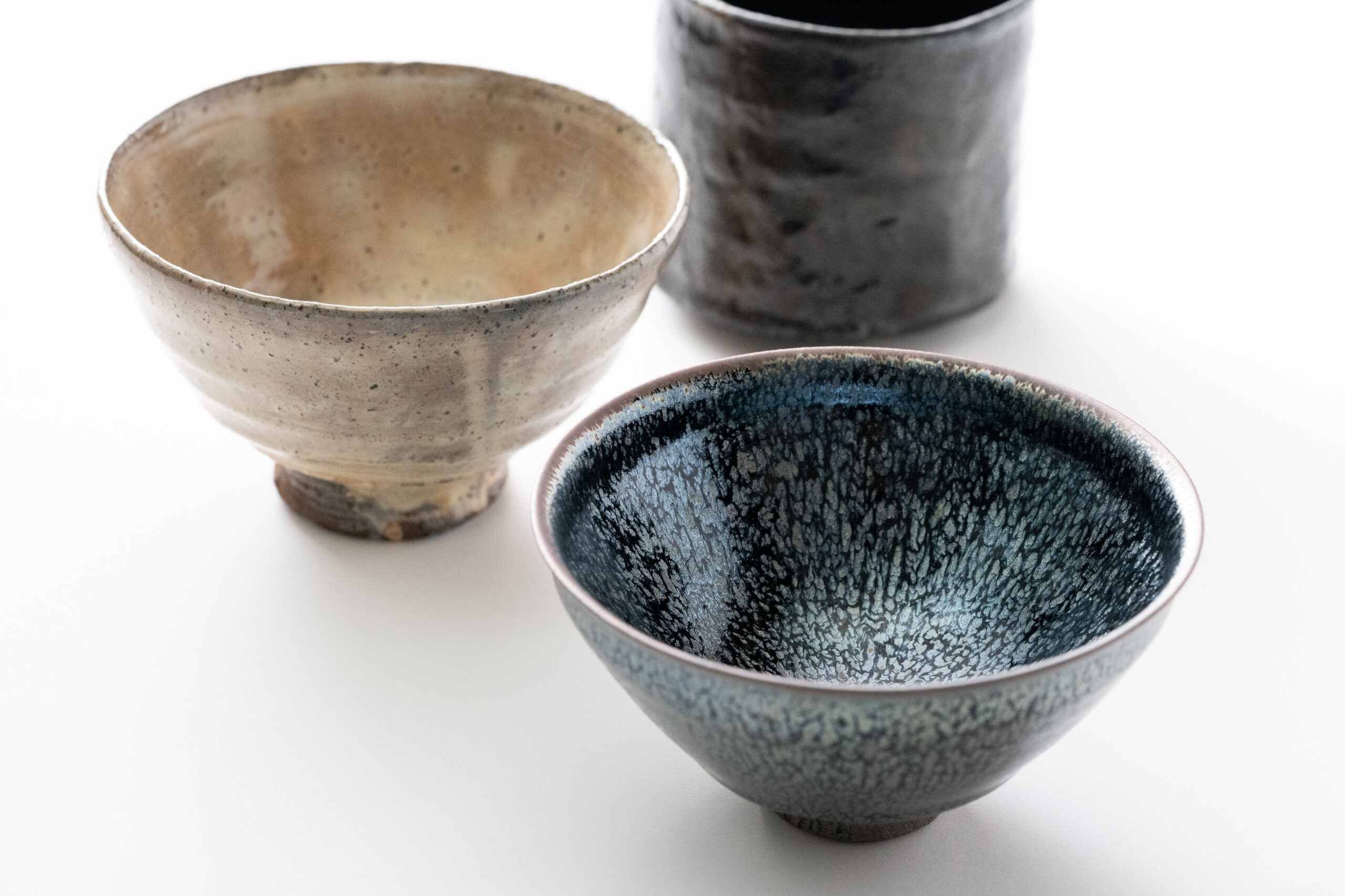
VOL.1-3
Update

VOL.1
Update

VOL.1-7
Update
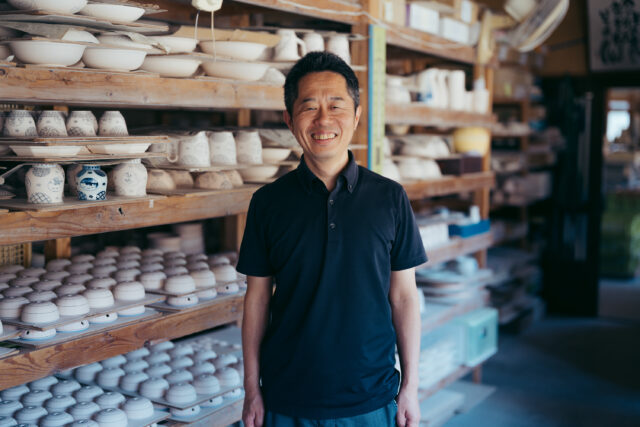
VOL.1-32
Update
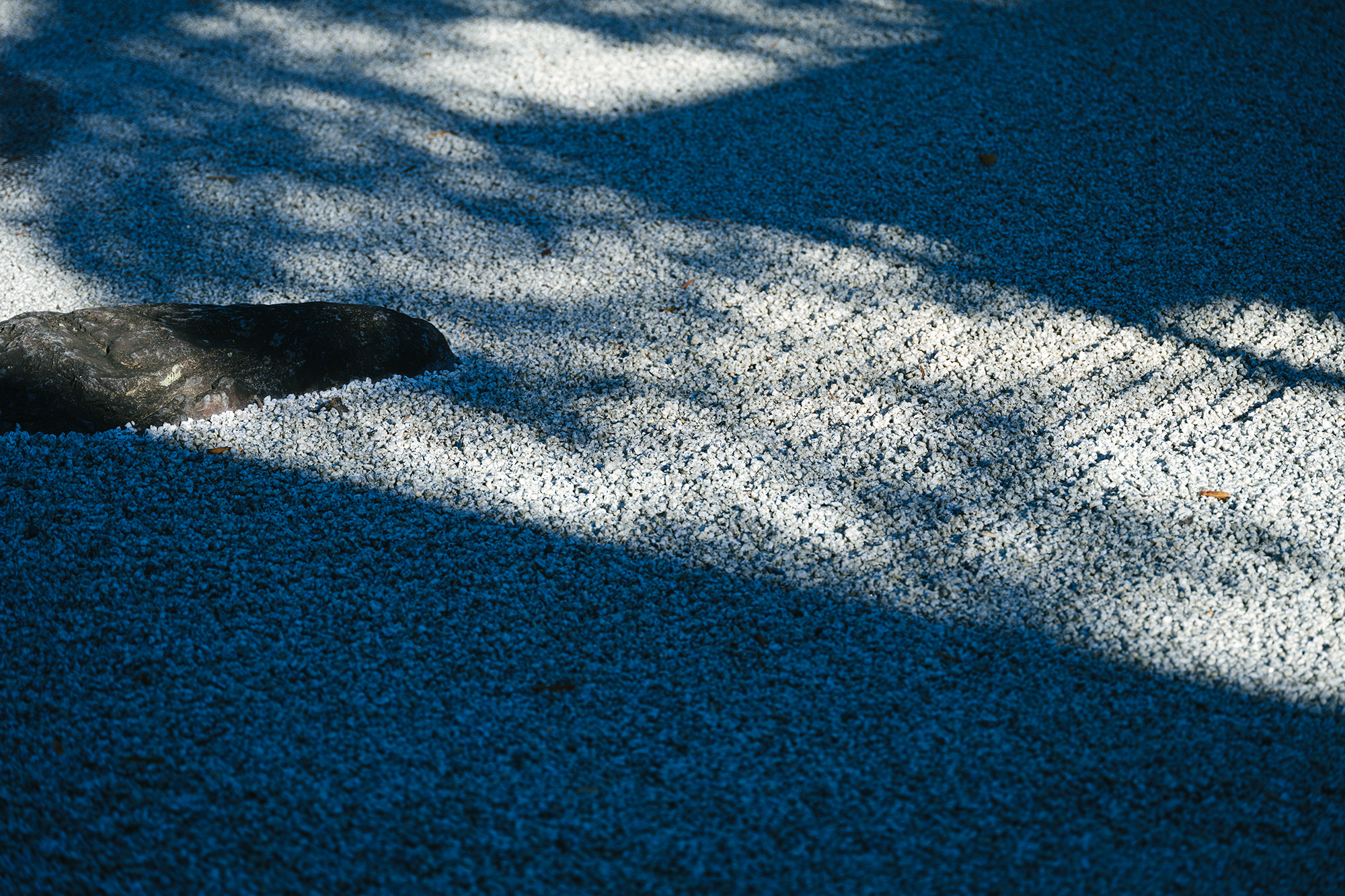
VOL.1-12
Update
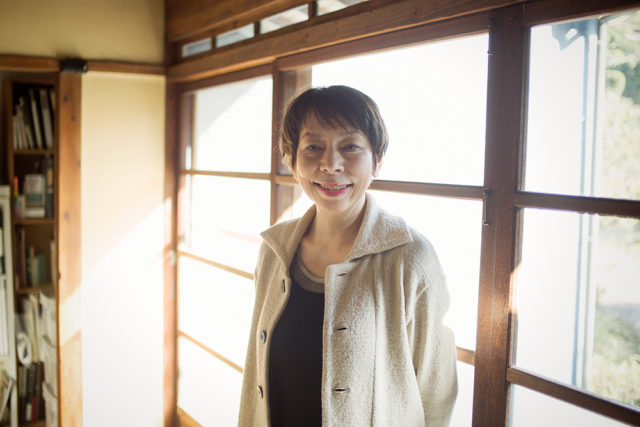
VOL.1
Update
We share a variety of information and perspectives on Japanese crafts, including exhibition information and interviews.
New Products VOL.19
Exhibition • Event Report VOL.27 AD
New Products VOL.18
Editor's Column "Craft Production Regions" VOL.4 AD
Jun 29 – Sep 7, 2025
Midorigaoka Art Museum Annex
Jul 1 – Jul 8, 2025
ART SPACE IGA
Jul 2 – Jul 8, 2025
Nihonbashi Mitsukoshi
Jul 4 – Jul 8, 2025
SHIBUYA KURODA TOEN

In Japan, the term “ikigai” has come to be a part of everyday life. For example, it is used when referring to one’s beloved child, saying, “This child is my ikigai, my reason for living.” While raising a child can involve hardships, the happiness derived from it surpasses those challenges, and that, in essence, becomes one’s ikigai. “Iki” comes from the Japanese word for “life” or “living,” while “gai” stems from the original word “kafu,” meaning a reward or outcome obtained as a result of some action. “Ikigai” is not often used to describe something done for a short term; rather, it signifies the importance of persistently engaging in an activity, making continuous efforts, and reaping the rewards and gratitude from others as a result of those efforts. This is the true expression of one’s ikigai.
One significant difference between ikigai and hobbies lies in the aspect of receiving something in return for one’s actions, and which often involves interacting with others. On the other hand, hobbies are typically self-satisfying activities and don’t require the same kind of value exchange with others that ikigai does. It could be that you started painting as a hobby, and little by little, your friends and those around you became aware of your work, and before you knew it, they were eagerly awaiting new paintings. What is important is that the act creates some kind of value for someone. It is this kind of “value in action” that is the essence of ikigai, of what makes a life worth living.
The book Ikigai: The Japanese Secret to a Long and Happy Life discusses the longevity of people living in Okinawa, emphasizing the importance of factors such as social connections and maintaining a diet of eating until you are 80% full. Eating until you are only 80% full not only contributes to good health but also underscores the significance of not seeking excessive satisfaction from a single meal. Continuously practicing moderate eating is another example where continuing to do something is highlighted as a crucial element.
It has been said that many individuals lose their sense of purpose in old age, especially after retiring from work or once their children have grown up. In the past, Japan had a culture of lifetime employment where individuals often found their sense of purpose through long-term commitment to a single company. However, this sometimes led to challenges when individuals retired but struggled to find new passions to pursue. It was common to hear about retirees who felt at a loss or lacked a clear sense of purpose.
Today, even among younger generations, it is increasingly difficult to find one’s ikigai. This is partly due to evolving values and the increasing diversity of opportunities in life, as society becomes richer and more diverse, people might dedicate less time to one specific activity. In this respect, the sense of purpose in life that we used to find may be changing little by little as we cease devoting time to such long-term practices.
For artists of all kinds, whether in painting, sculpture, music, or theater, the act of creating a work of art becomes the very purpose of life when it is appreciated by someone else. It is impossible to create a work of art without effort, and art is born through a variety of hardships, so it is when that work touches others that its true value is realized.
For collectors, too, collecting is often an ikigai, a sense of purpose in life. Collecting is not just about gathering random objects; it is about crafting a story driven by one’s philosophy and aesthetic sensibilities. You might think that collecting itself is not something you do for someone else, that it is just a hobby, but a collection means that it has a story, and once it touches others, it can create some kind of value. In fact, collectors contribute to society by lending or donating works to museums. The story of a collection is not something that is created in an instant; it is something that takes time and effort to create, and the act of doing so can be very rewarding.
Not only works of art, but the act of making something for someone else can easily give you a sense of purpose in life as well. If you are at a loss to find your purpose in life, the first step is to try making something. It can be a hand-knitted sweater or a home-cooked meal. Then, do it for someone else and continue doing so again and again. It may not go well at first, but little by little as you see the joy it brings and the desire to make others even happier grows, you will become more positive and motivated. The desire to do something for someone and finding purpose in life are closely connected. Once you realize this, you’ll find that your purpose lies right around the corner.
Craftsmanship, too, is a result of artisans’ years of dedicated training, resulting in more beautiful and refined creations. When these creations are used in daily life, they become ikigai, a source of purpose. Throughout Japan’s long history, the nation has faced numerous natural disasters and challenges, and has always overcome them. This has led to the presence of many long-standing companies and a cultural inclination toward a long-term perspective, and taking time to work on things.
This background has contributed to a unique worldview in which taking the time to craft things with dedication and care instils a sense of purpose in life. I invite you to look at craftsmanship from this perspective. You will surely discover the profound depth of handmade work and experience the sense of purpose it carries.
Reference
Garcia, Hector, and Francesc Miralles. Ikigai: The Japanese Secret to a Long and Happy Life. (Penguin Life)
